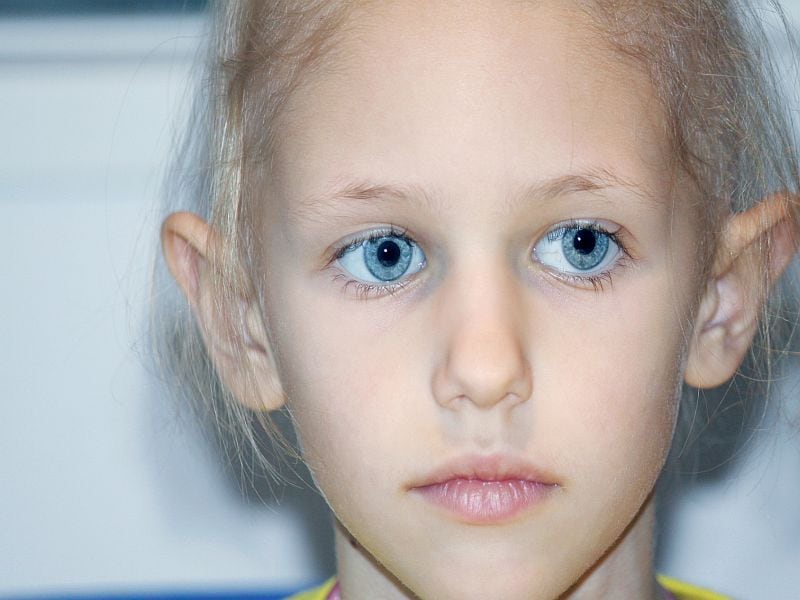Lower IQ and worse memory seen in children with newly diagnosed type 1 diabetes and single event
FRIDAY, Oct. 9, 2020 (HealthDay News) — A single diabetic ketoacidosis (DKA) episode is associated with subtle memory declines soon after type 1 diabetes diagnosis in children, according to a study published online Sept. 22 in Diabetes Care.
Simona Ghetti, from the University of California, Davis, and colleagues assessed whether a single DKA episode is associated with cognitive deficits in children with type 1 diabetes. Data were analyzed for a total of 758 children (aged 6 to 18 years old) who participated in a clinical trial to evaluate various intravenous fluid protocols for DKA.
The researchers found that DKA was moderate/severe in 430 children and mild in 328 children. Among children who presented with DKA, 392 had a new onset of type 1 diabetes and the remainder previously had received a diagnosis. Moderate/severe DKA was associated with lower intelligence quotient (IQ), item-color recall, and forward digit span. Moderate/severe DKA in newly diagnosed patients was associated with lower item-color recall. When adjusting for hypoglycemia, diabetes duration, and socioeconomic status, repeated DKA exposure and higher HbA1c in previously diagnosed patients were independently associated with lower IQ and higher HbA1c was associated with lower item-color recall.
“Sizable IQ declines are detectable in children with known diabetes, suggesting that DKA effects may be exacerbated in children with chronic exposure to hyperglycemia,” the authors write.
Copyright © 2020 HealthDay. All rights reserved.








